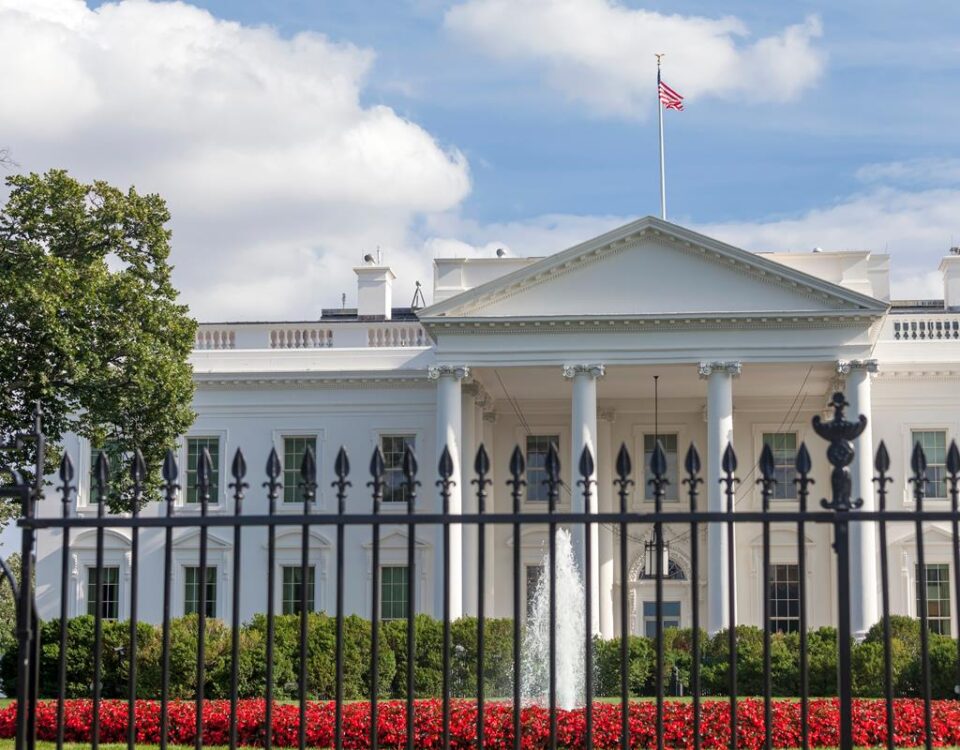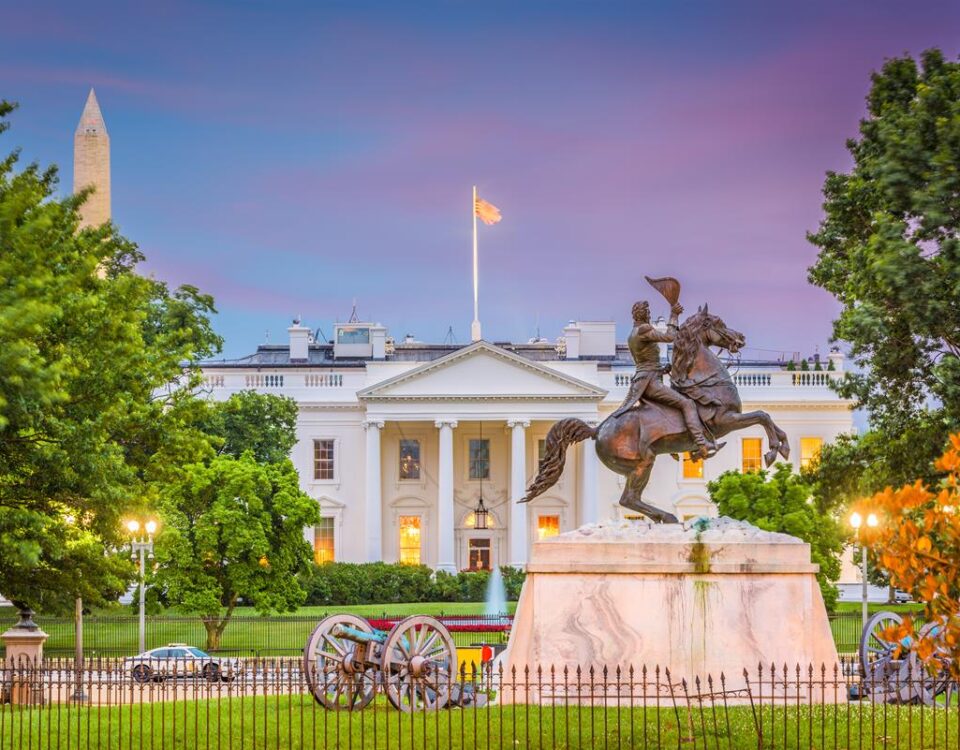Nobel Prize: Carter, Obama, Trump
The Nobel Prize, once regarded as one of the most prestigious awards in the world, has faced significant criticism and controversy in recent years, particularly following its decision to award the Nobel Peace Prize to former U.S. President Barack Obama in 2009. Many argue that this decision, among others, marked a turning point in the Nobel Committee’s credibility and underscored a shift towards a more politically progressive and ideological agenda.
The Nobel Peace Prize, in particular, has been criticized for rewarding intentions and symbolic gestures rather than actual achievements. In Obama’s case, the award was given just months after he assumed the presidency. The Nobel Committee stated that it was in recognition of his “extraordinary efforts to strengthen international diplomacy and cooperation between peoples.” However, at the time of receiving the award, Obama had yet to deliver on most of his foreign policy promises and had not completed any major peace agreements or diplomatic breakthroughs. In fact, throughout his presidency, the United States was engaged in multiple military conflicts, including escalating drone strikes in the Middle East, a practice criticized for its civilian casualties and questionable legality.
The decision to award Obama the Peace Prize was seen by many as politically motivated. The Nobel Committee appeared to be endorsing not what he had accomplished, but rather the hope and rhetoric of his presidency, which aligned with progressive ideals of multilateral diplomacy and soft power. This raised concerns about the integrity of the Nobel Prize, which, historically, was meant to reward concrete accomplishments that had a demonstrable impact on global peace. By giving the prize to Obama without significant results, the committee appeared to undermine its own standard for excellence.
Furthermore, this decision set a precedent for the Nobel Peace Prize to become increasingly intertwined with progressive political narratives. Critics argue that the Nobel Prize has become a tool for advancing particular ideological causes rather than objectively recognizing contributions to humanity. Many laureates in recent years have been selected for their alignment with liberal values on issues like climate change, human rights, and social justice, rather than for apolitical achievements or universally recognized accomplishments.
For example, the Nobel Peace Prize has often been awarded to activists and organizations associated with left-leaning causes. The overt emphasis on progressive ideals has sparked accusations of bias. This perception of bias detracts from the universality that the Nobel Prize once represented. It was meant to honor contributions that transcended political divides and ideologies, but now it appears to be more of an endorsement of a particular worldview.
The growing alignment between the Nobel Prize and progressive politics is seen as part of a broader trend where many institutions, once perceived as neutral arbiters of excellence, have become increasingly politicized. The erosion of impartiality not only diminishes the prize’s gravitas but also alienates large segments of the global population who may feel that their views are not represented or valued by the Nobel Committee.
The awarding of the Nobel Peace Prize to Barack Obama in 2009 marked a significant moment in the perceived politicization of the Nobel Prize. By rewarding Obama for aspirations rather than accomplishments, the Nobel Committee set a troubling precedent, one that has since cast doubt on the objectivity and integrity of the award. As the Nobel Prize continues to align with progressive political causes, its once-unquestioned prestige has been called into question, leading many to argue that it no longer carries the same weight it once did.
Adding to the controversy surrounding the Nobel Peace Prize, many have pointed out that Donald Trump never received the award for his role in brokering the Abraham Accords. These agreements, signed in 2020, normalized relations between Israel and several Arab nations, including the United Arab Emirates and Bahrain, marking a significant breakthrough in Middle Eastern diplomacy. Despite these concrete achievements in fostering peace in a historically volatile region, Trump was overlooked by the Nobel Committee.
This omission has fueled criticism that the Nobel Prize is increasingly biased against figures who do not align with progressive political ideologies. Trump’s foreign policy accomplishments, particularly with the Abraham Accords, were praised by many as landmark achievements, yet they seemingly did not fit the narrative or agenda the Nobel Committee favors. The Nobel Peace Prize in 2002 was awarded to Jimmy Carter for his decades of untiring effort to find peaceful solutions to international conflicts, yet Trump was snubbed for the very same thing. This further amplifies the perception that the prize, once reserved for genuine and apolitical accomplishments, now serves to promote a specific worldview, one in which even significant peace deals might go unrecognized if they do not align with the committee’s political preferences. I have not respected or cared about the Nobel Prize for over two decades now. I have no hope they will return to their once great stature, nobody takes them seriously anymore.
C. Rich
CRich@AmericaSpeaksInk.com

C. Rich is the voice behind America Speaks Ink, home to the America First Movement. As an author, poet, freelance ghostwriter, and blogger, C. Rich brings a “baked-in” perspective shaped by growing up on the streets and beaches of South Florida in the 1970s-1980s and brings a quintessential Generation-X point of view.
Rich’s writing journey began in 2008 with coverage of the Casey Anthony trial and has since evolved into a wide-ranging exploration of politics, culture, and the issues that define our times. Follow C. Rich’s writing odyssey here at America Speaks Ink and on Amazon with a multi-book series on Donald Trump called “Trump Era: The MAGA Files” and many other books and subjects C. Rich is known to cover.
“America Speaks Ink is a Google News approved source for Opinion”







